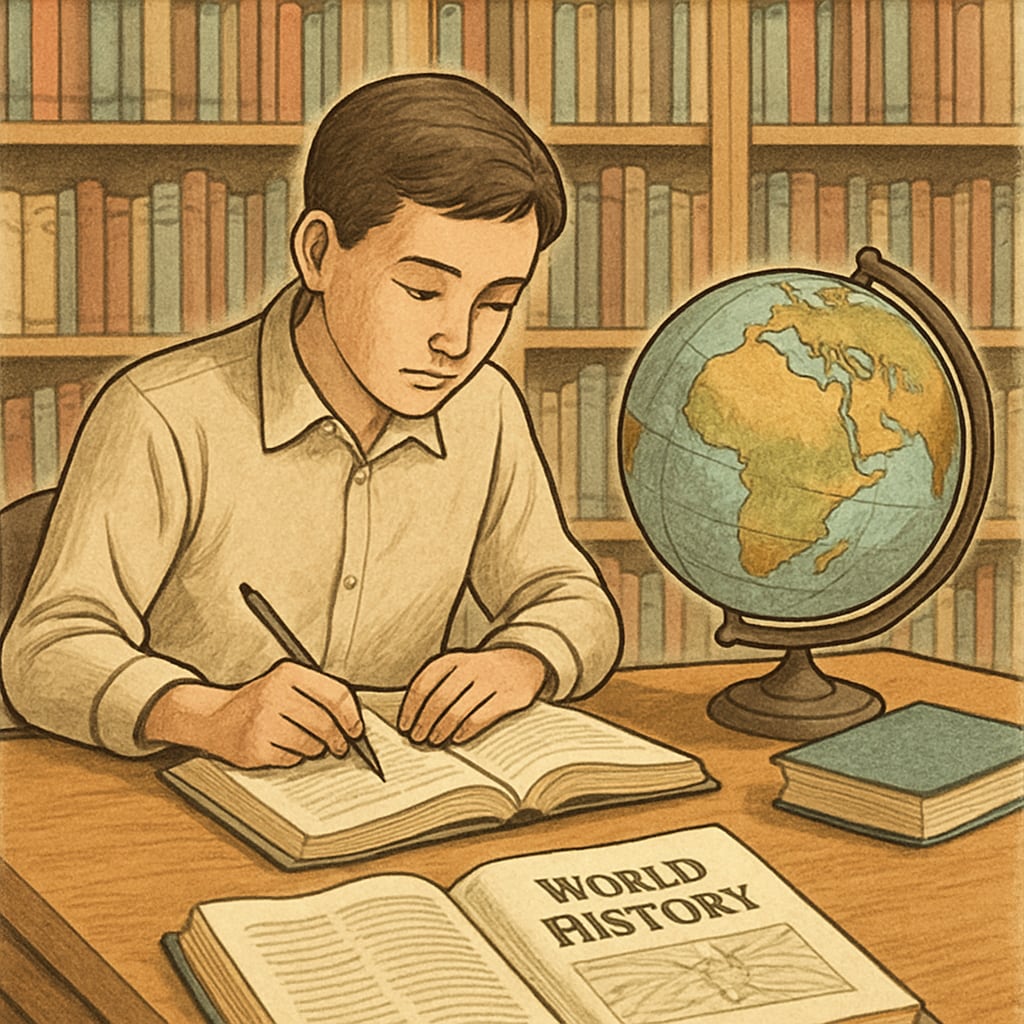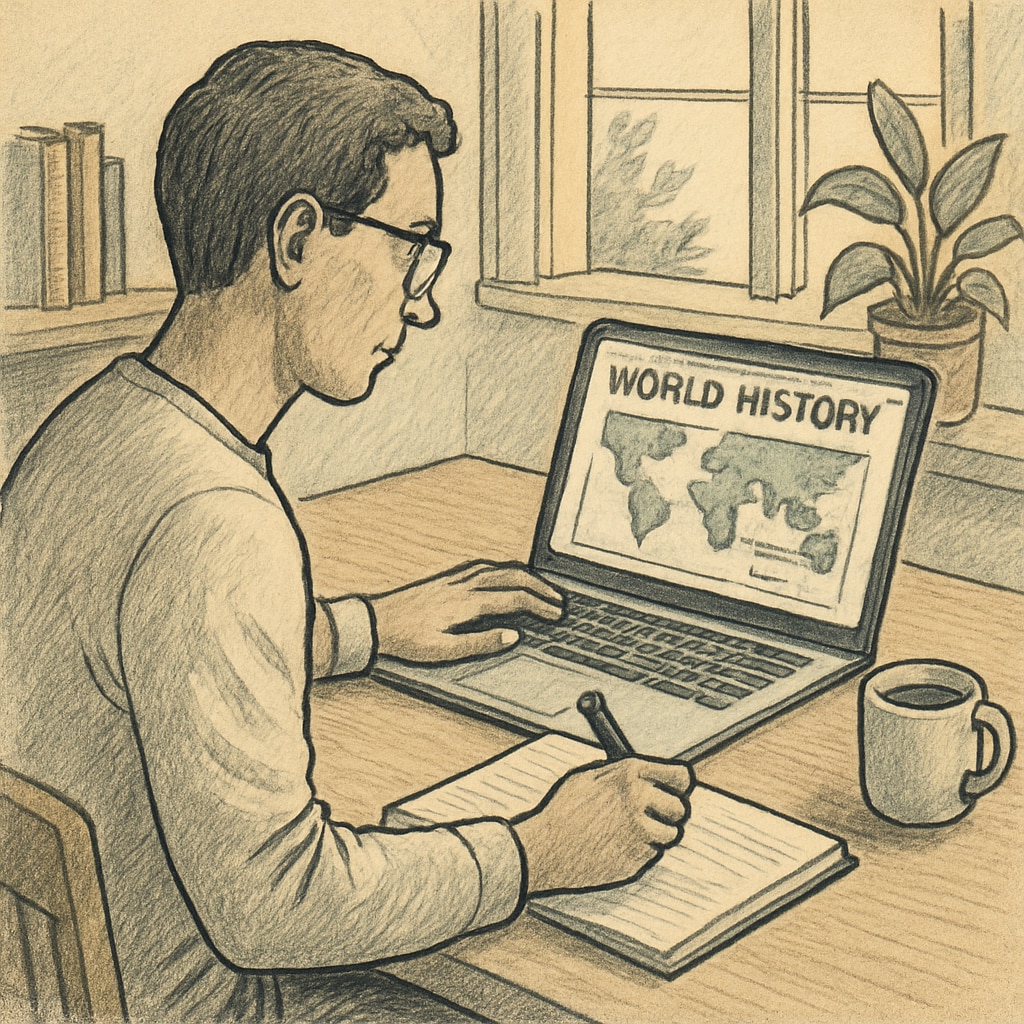Many adults face the challenge of filling educational gaps caused by childhood circumstances, such as being forced to leave school early. These gaps can impact their confidence, career opportunities, and overall knowledge. With the right strategies, however, adults can effectively bridge these gaps through self-directed learning. This article provides a roadmap for adults who wish to address their educational shortcomings, with a special focus on self-learning in world history and foundational disciplines.
Understanding the Impact of Educational Gaps
Educational gaps can manifest in various ways, from limited career options to a lack of general knowledge. For some individuals, these gaps may also lead to feelings of inadequacy or regret. However, it’s important to recognize that learning is a lifelong process, and it’s never too late to begin filling in these gaps.
For adults, one of the biggest advantages is the ability to choose what and how they learn. Unlike formal education, self-learning allows adults to focus on areas they are passionate about or that are most relevant to their goals. For example, exploring world history can provide insights into cultural and societal dynamics, while strengthening knowledge in foundational subjects like math and science can build confidence for professional or personal pursuits.

Practical Strategies for Self-Learning
Taking the first step toward self-learning can be daunting, but breaking it down into manageable strategies can make the process more achievable. Here are some practical tips to get started:
- Set clear goals: Define what you want to achieve, whether it’s understanding world history or mastering a specific skill.
- Use online resources: Platforms like Coursera and Khan Academy offer free or affordable courses on a wide range of topics.
- Create a routine: Consistent study habits are key to retaining information and making progress.
- Join communities: Online forums and local study groups can provide support and motivation.
Additionally, incorporating diverse formats such as books, podcasts, and documentaries can make learning more engaging. For instance, history enthusiasts can explore resources like the History of the World article on Wikipedia or watch educational videos on YouTube to deepen their understanding.
Focusing on World History and Foundational Knowledge
World history is a particularly enriching subject for self-learners. It provides a broader perspective on the events and cultures that have shaped our world, fostering critical thinking and cultural awareness. Adults interested in world history can start with accessible overviews such as “A Short History of the World” by H.G. Wells or delve into specialized topics like the Renaissance or the Industrial Revolution.
In addition, strengthening foundational knowledge in subjects like mathematics, science, or language arts can have practical benefits. These subjects often serve as the building blocks for further learning and career development. For example, platforms like Britannica provide reliable information on these topics, while apps like Duolingo can help with language skills.

Overcoming Psychological Barriers
While the practical steps are important, addressing the emotional and mental aspects of returning to learning is equally crucial. Many adults struggle with self-doubt or fear of failure when starting their educational journey. To overcome these barriers:
- Adopt a growth mindset: Believe that abilities can be developed through effort and practice.
- Celebrate small wins: Acknowledge progress, no matter how small, to stay motivated.
- Seek support: Share your goals with friends or family who can provide encouragement.
By addressing these psychological challenges, adults can create a positive and sustainable learning experience.
Conclusion: A Lifelong Journey
Filling educational gaps as an adult is not just about acquiring knowledge; it’s about reclaiming agency over your learning journey. With the abundance of resources available today, from online courses to local libraries, anyone can take steps to bridge the gaps left by childhood circumstances. Whether your focus is on world history, foundational subjects, or personal interests, the key is to approach learning with curiosity, consistency, and confidence.
Remember, education is a lifelong journey—it’s never too late to start.


